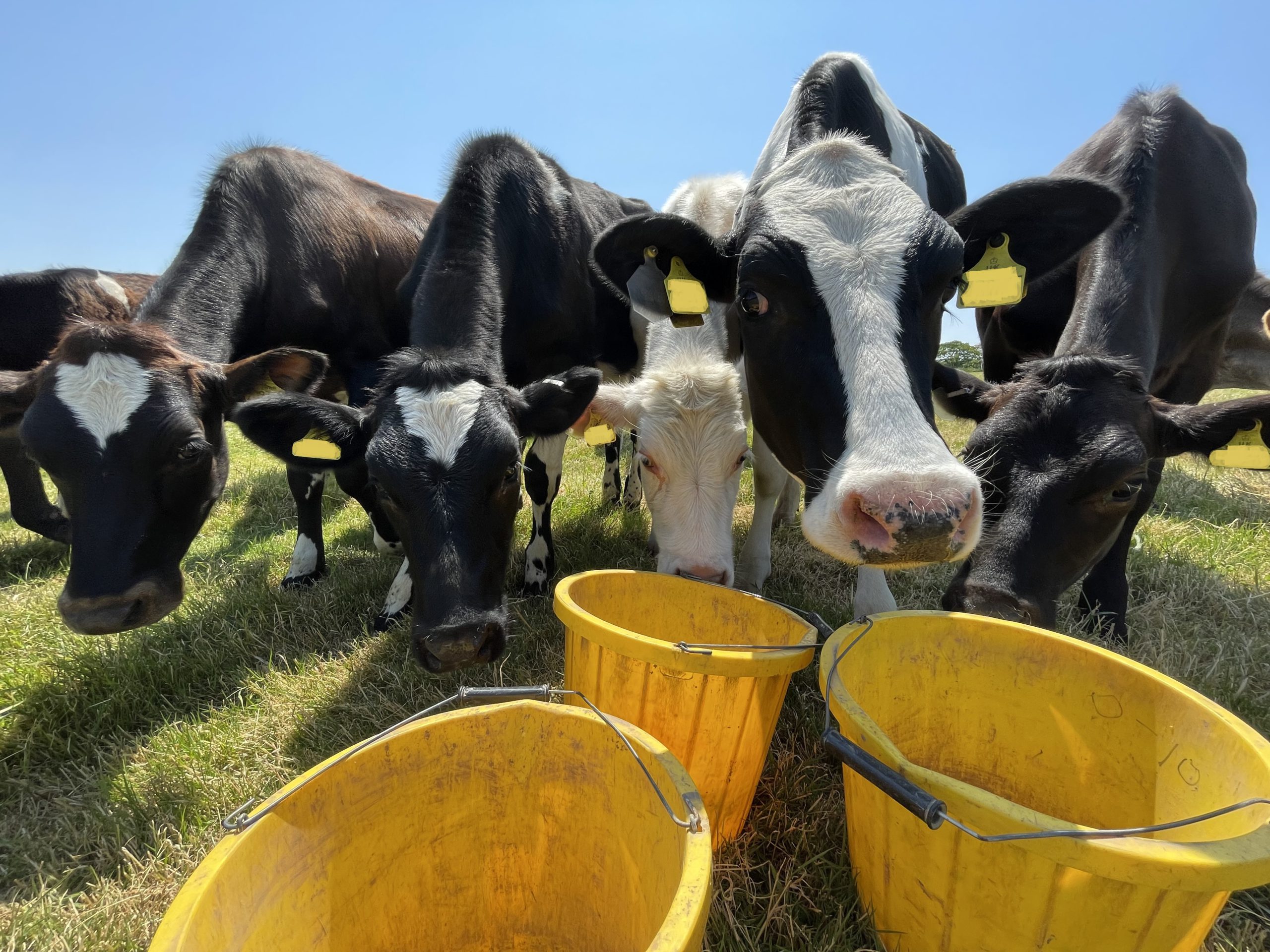
Recent news and events
FNZ in the media
Did you catch Farm Net Zero on BBC Spotlight on the 8th June? Monitor farmers, Anthony Ellis and Will and Kate Martin, spoke about their involvement in the project including the steps they are taking to reduce their carbon footprint. Will and Kate Martin of Treway Farm, were filmed discussing the changes they have made from feeding their cattle concentrate to feeding them 100% grass and home-grown silage and the impact that is having on soil health and their overall carbon balance.
Anthony Ellis of Pensipple Farm was also filmed talking about how tweaks across the whole farm have helped to reduce the carbon footprint. This includes the integration of sheep back into the arable rotation and grazing under solar panels.
“For me the carbon footprint thing is kind of a secondary story really, there’s a much bigger story here around sustainability and regeneration of the landscape… “
Read about it here and watch it here.
Will and Kate Martin of Treway farm were featured on the BBC South West Spotlight lunch news on 8th June.
Hannah Jones being filmed.
Recent events
How to event on overseeding
in May, we held our first “How to…” event on overseeding. James Barrett of Tremadart Barton showed how a rotaseeder could be used to add diversity to an existing ley, while minimising disturbance to carbon deep in the soil profile. A video summary sharing key tips from the day is in development. Read about it here.
Demo and monitor farms update
We are back out taking soil samples now; the ground is very hard following the dry weather. However, we look forward to seeing how the soil carbon levels have changed since the first samples, and the demo farm footprints are coming along, with trials midway through. Watch this space for more information!
Farmer Field Labs update
Dairy farmers met last month at Phil Kent’s Monitor Farm to talk about the role of herbal leys in milk production. Andrew Brewer, a FNZ Demo farmer, told us of his positive experiences following two years of monitoring milk production from his herbal leys. Dr Daniel Enriquez-Hidalgo of University of Bristol Veterinary School gave a fascinating presentation on the impacts of herbal leys on dairy production, and farmers were introduced to a new Innovative Farmers and Farm Net Zero field lab/farm trials which will delve deeper into the subject.
For more information on the trials contact [email protected].
To read more about the event head here.
Hannah Jones from FCT digging a hole to look at the soil at the event
Other news
A series of articles focused on some of the younger Monitor Farmers have been published in the Farmers Guardian. These cover the practices adopted on those farms, their reasons for joining Farm Net Zero and what they hope to learn from being part of the community.
Nicole and Bradley Davey of Parkhurst Farm near Launceston were featured in May. The couple joined FNZ keen to work towards environmental goals and meet like-minded people. Two of the main changes implemented at Parkhurst Farm include a move to direct drilling/overseeding and the introduction of herbal leys on the heavy clay loam.
“The cows relish the herbal leys, and the fact that they improve intakes has translated into a lift in the yield”
said Nicole Davey.
See the full article here.
Bradley and Nicole Davey at their farm near Launceston, Cornwall.
Community engagement
The Westcountry Rivers Trust been busy sharing their climate-friendly farming knowledge with gardening communities across Cornwall, with workshops exploring creative ways that you can better manage your garden for the future.
They had a Ponds and Wetlands Workshop hosted by the beautiful Real Food Garden, whose productive plot provides fresh veggies to the Bodmin community. They’ve been experimenting with the effects that small ponds and wetland areas can have on their site, which made it a perfect spot for us to host the session.
As summer kicked in, we visited the scenic Loveland Community Field for the Forest Gardening and Agroforestry Workshop. This sold-out event was every bit as interesting as the last and inspired guests to create a polyculture growing system on their land.
Read more about them both here.
More events will continue to follow. Visit here for more information.
If you’d like to know more about any of these topics, or even hold a climate-friendly gardening workshops on your land, contact Zoe at [email protected].
Resources
Carbon webinar – in April, Sam Smith and Becky Willson from Farm Carbon Toolkit, led a webinar on the developing Carbon Code and carbon markets. This provided a useful overview of the dos and don’ts of the carbon market. A summary is available on the website here.
As ever we are always uploading any new resources on our FNZ resources page found here.
Other news and what next?
Upcoming events – dates TBC
- How to grow lucerne silage in Cornwall – a focus on on-farm feeding, saving costs and reducing your carbon footprint
- A day with Riviera – sharing innovation and best practice for horticulture
Getting in touch
If you have any questions or ideas that would further support the community of farmers that we are working with, please get in touch with the project team (contact details below).
All information about the project including upcoming events and resources are available on the Farm Net Zero website. If there is anything you would like to see featured please let us know.
Best wishes,
The Farm Net Zero Project Team.
This project, funded by the National Lottery Community Fund, is a partnership between Cornwall College, The Farm Carbon Toolkit, Duchy College’s Rural Business School, Westcountry Rivers Trust, Innovative Farmers and Innovation for Agriculture.

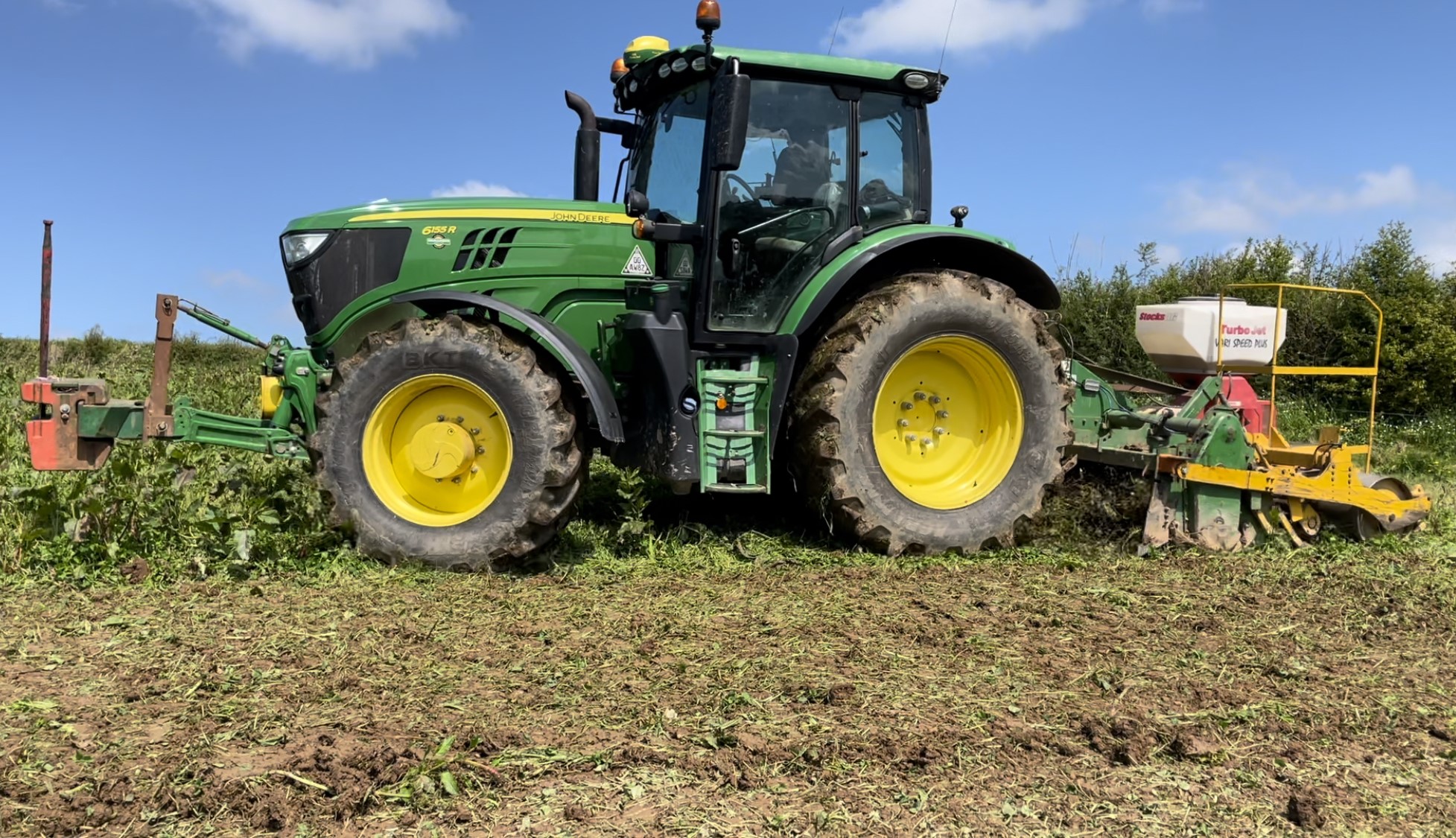
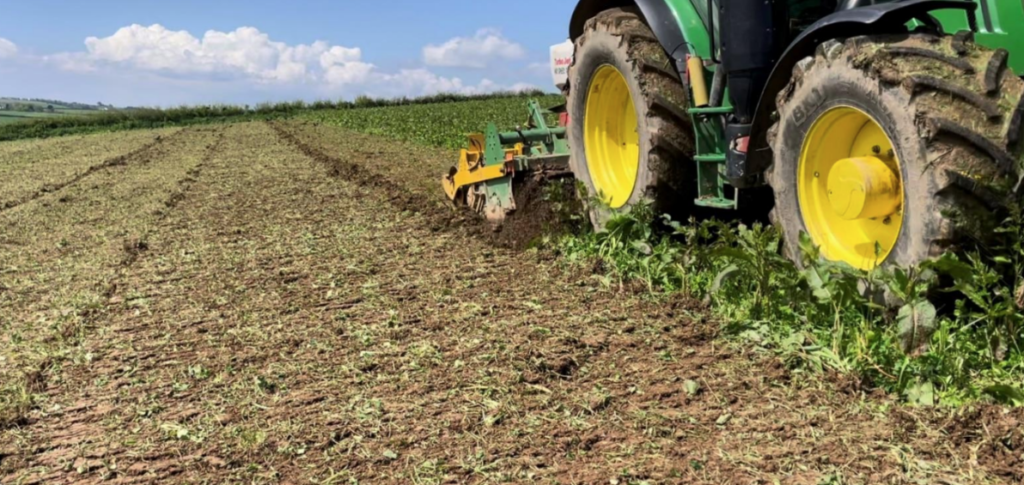
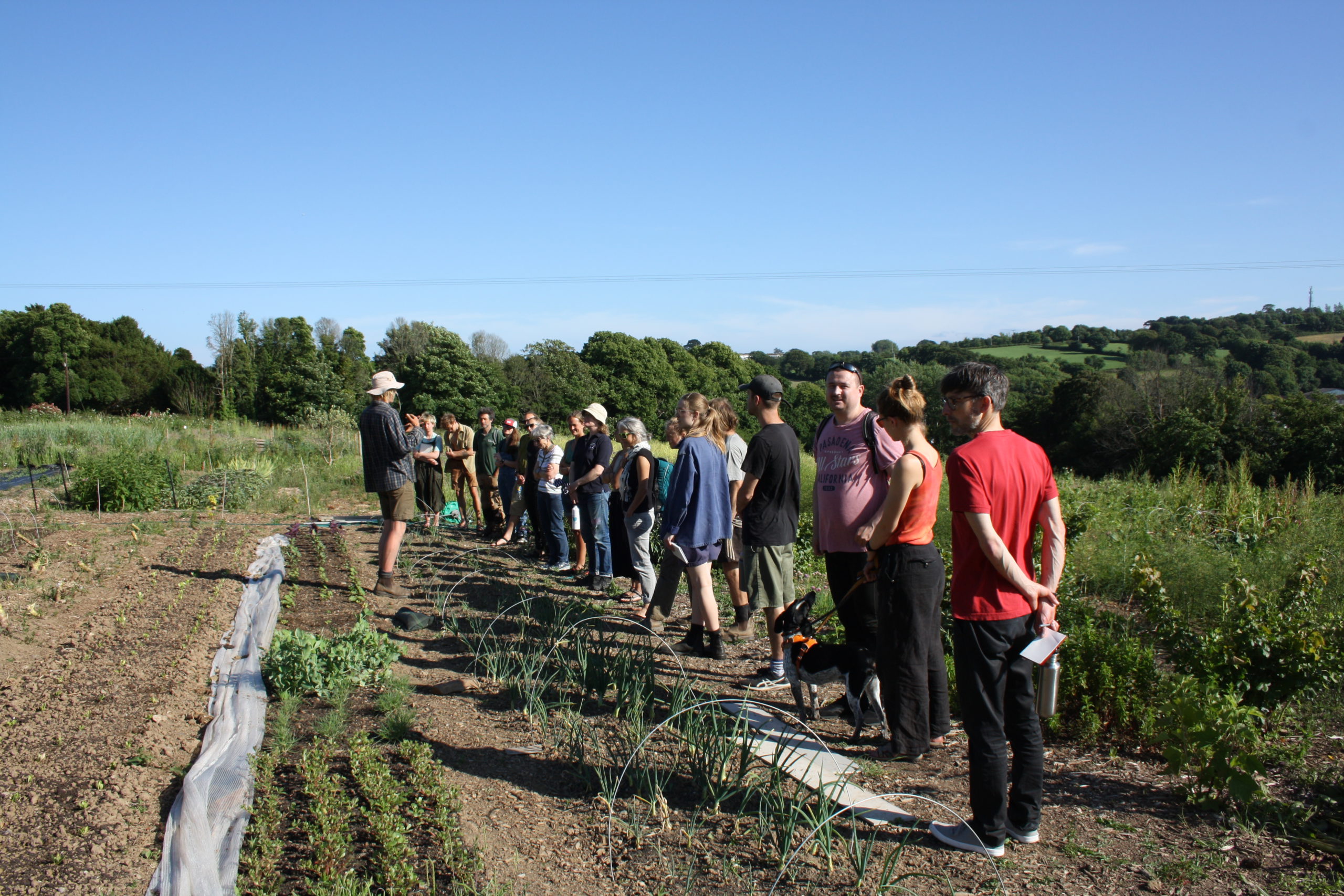

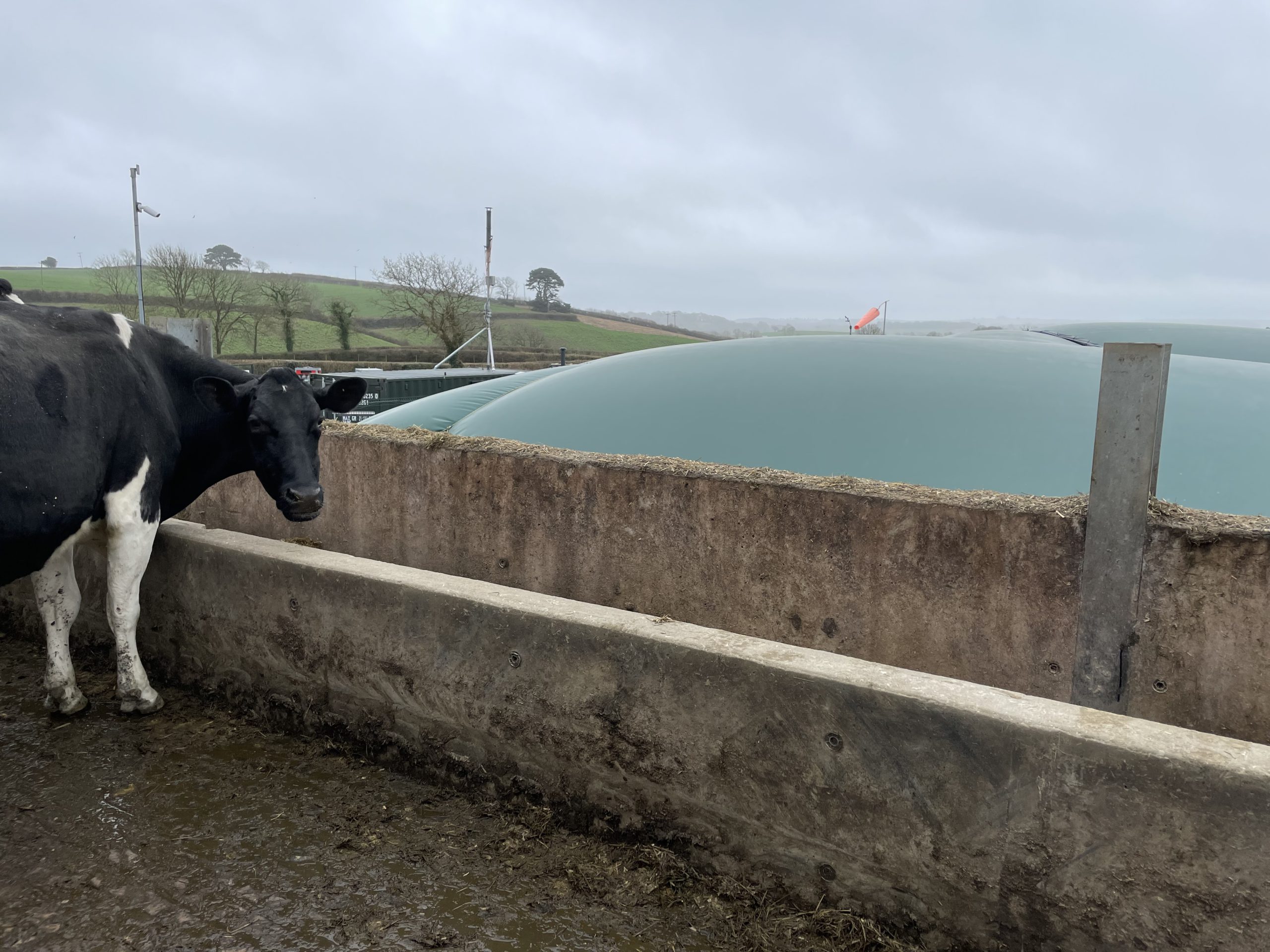


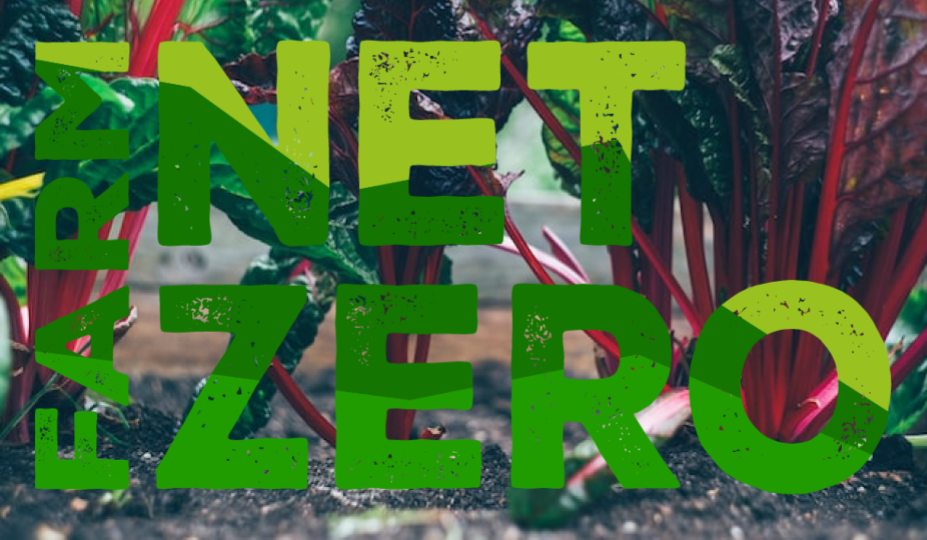
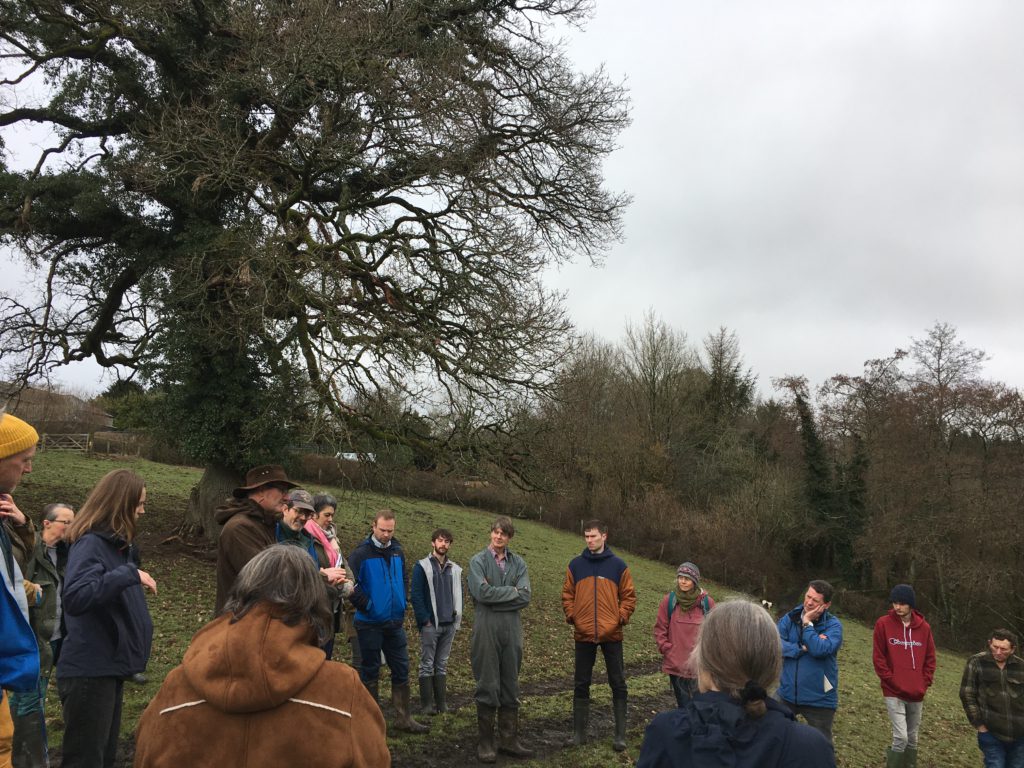
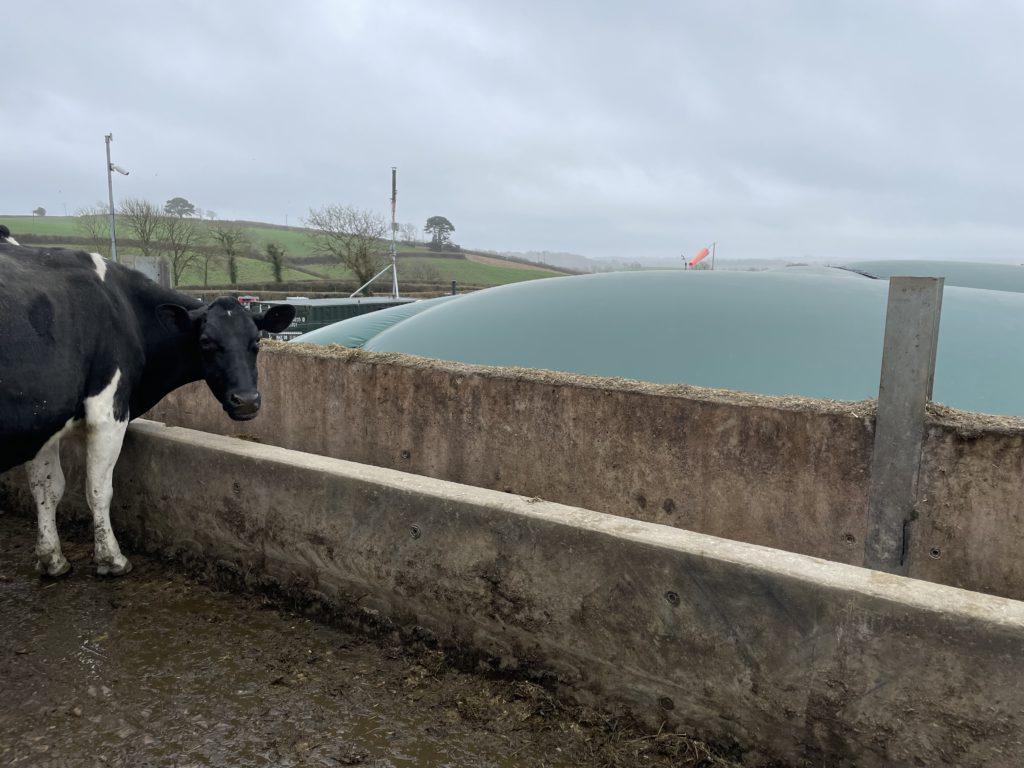
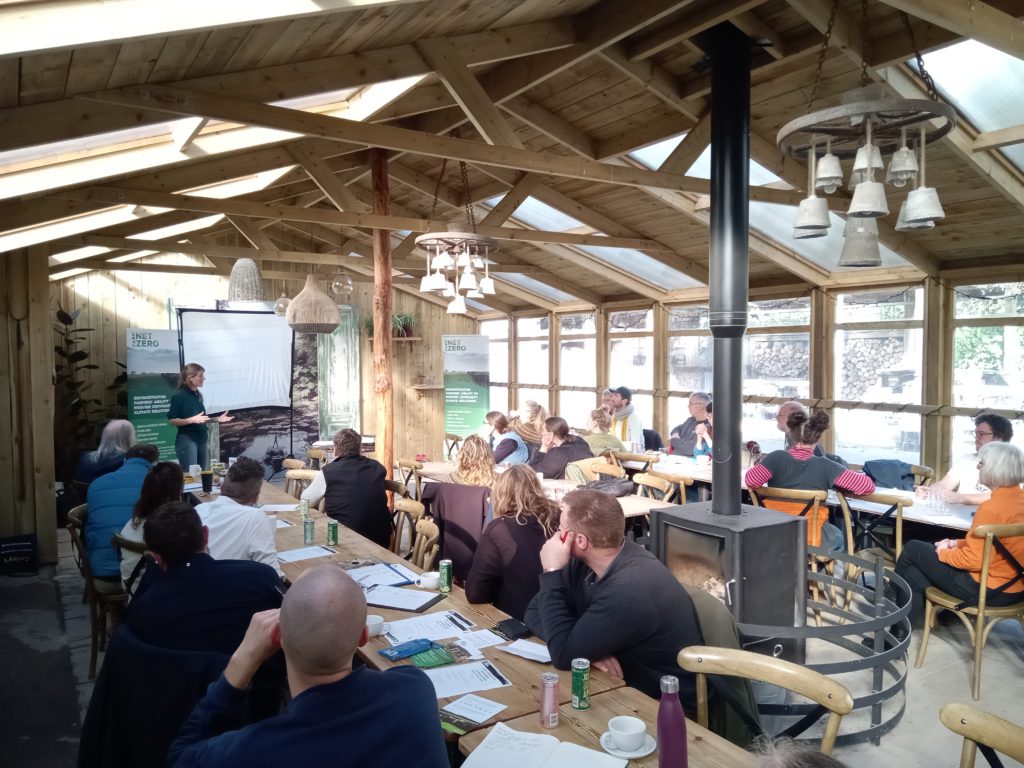
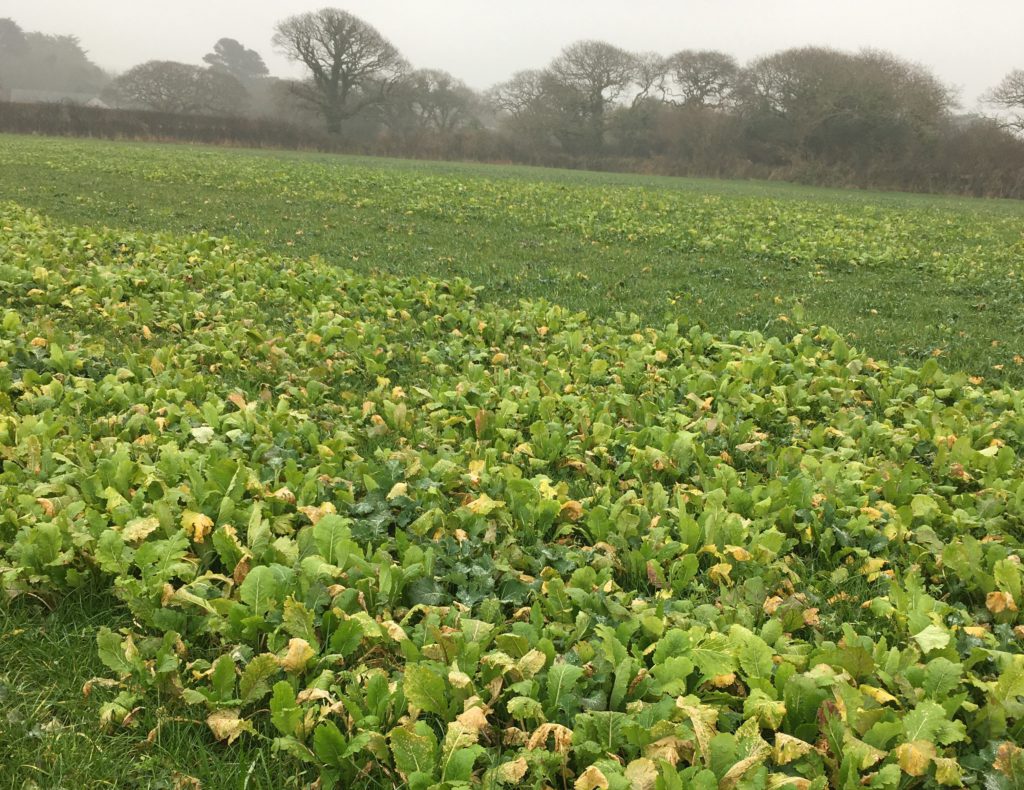

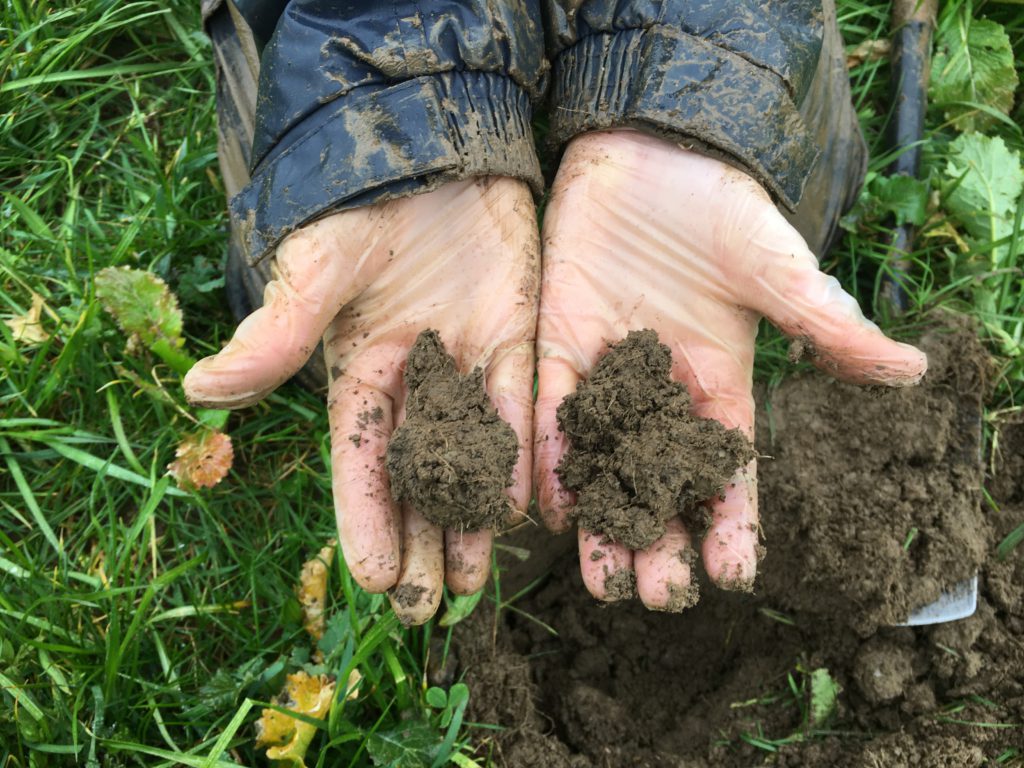

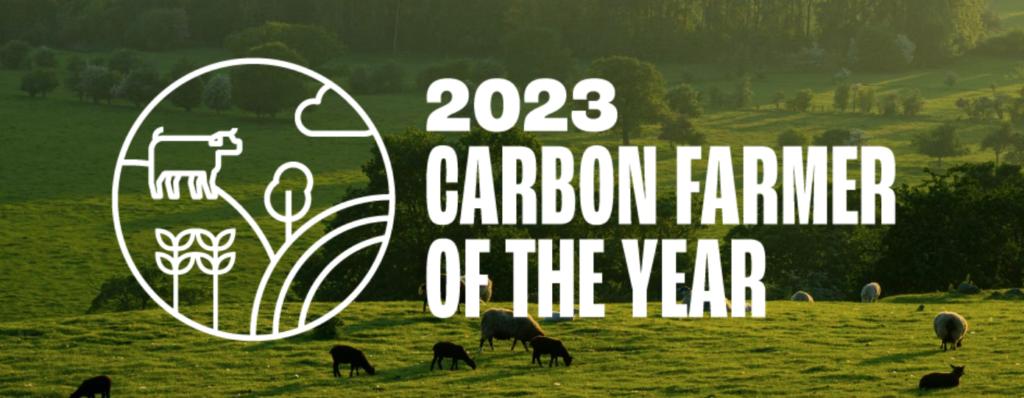
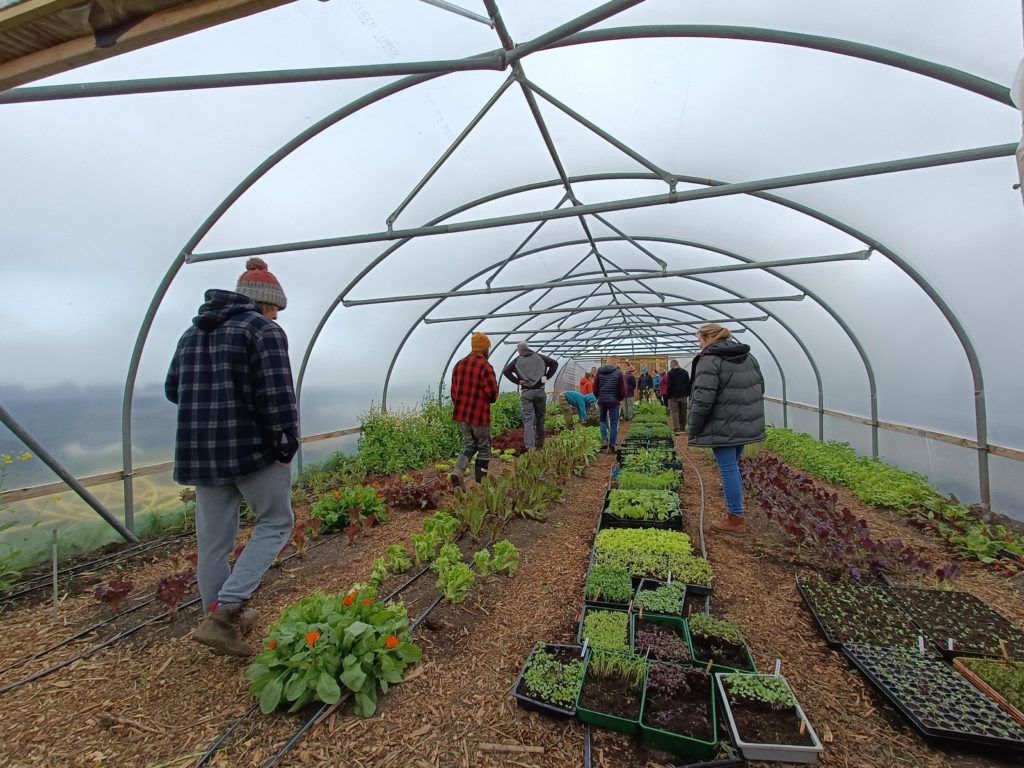
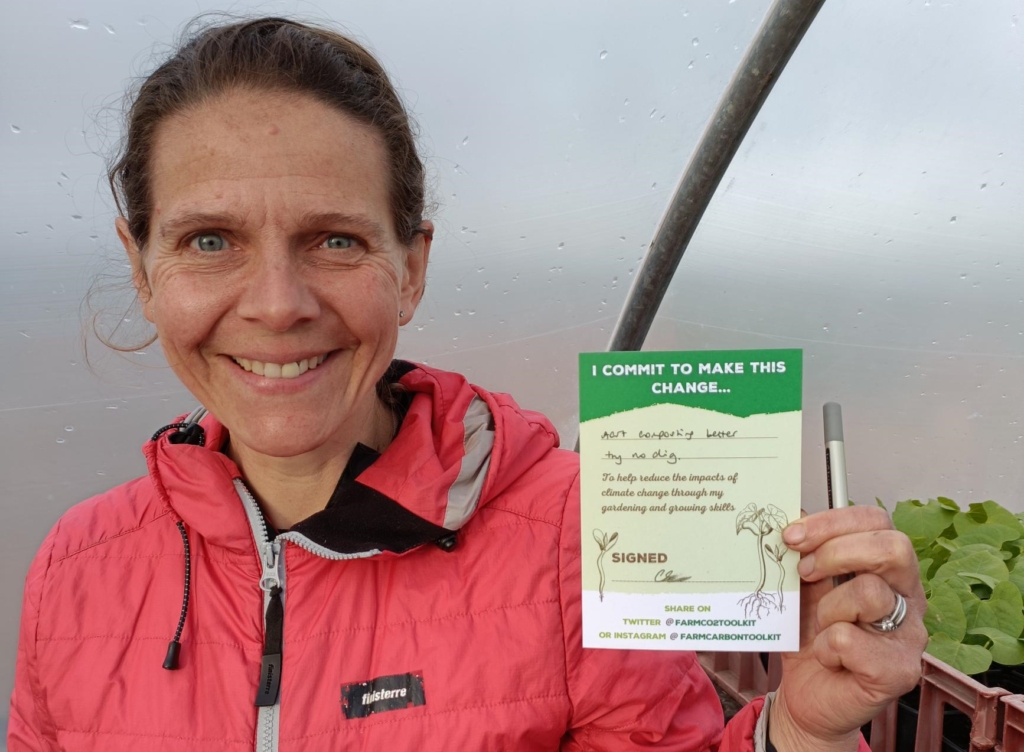
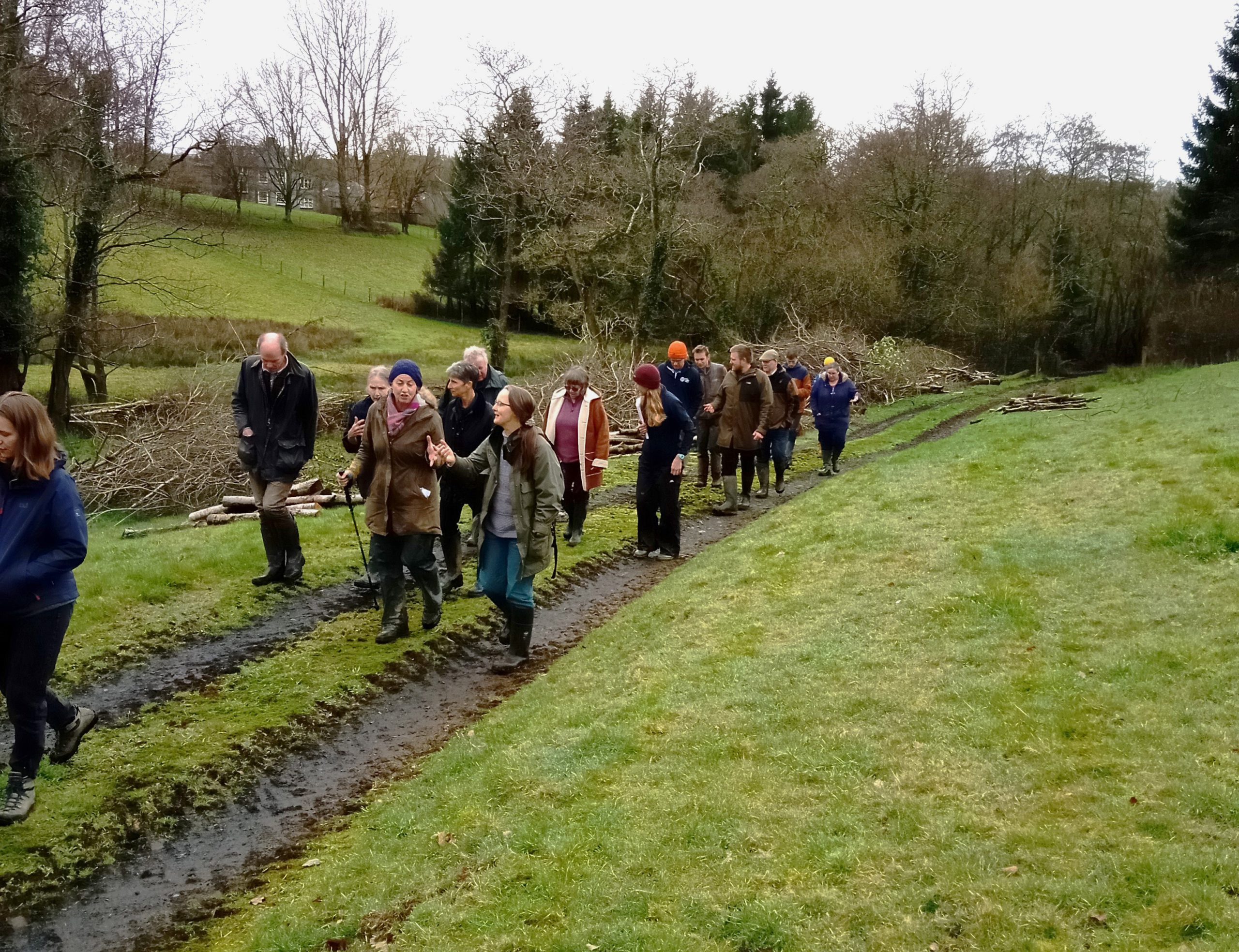



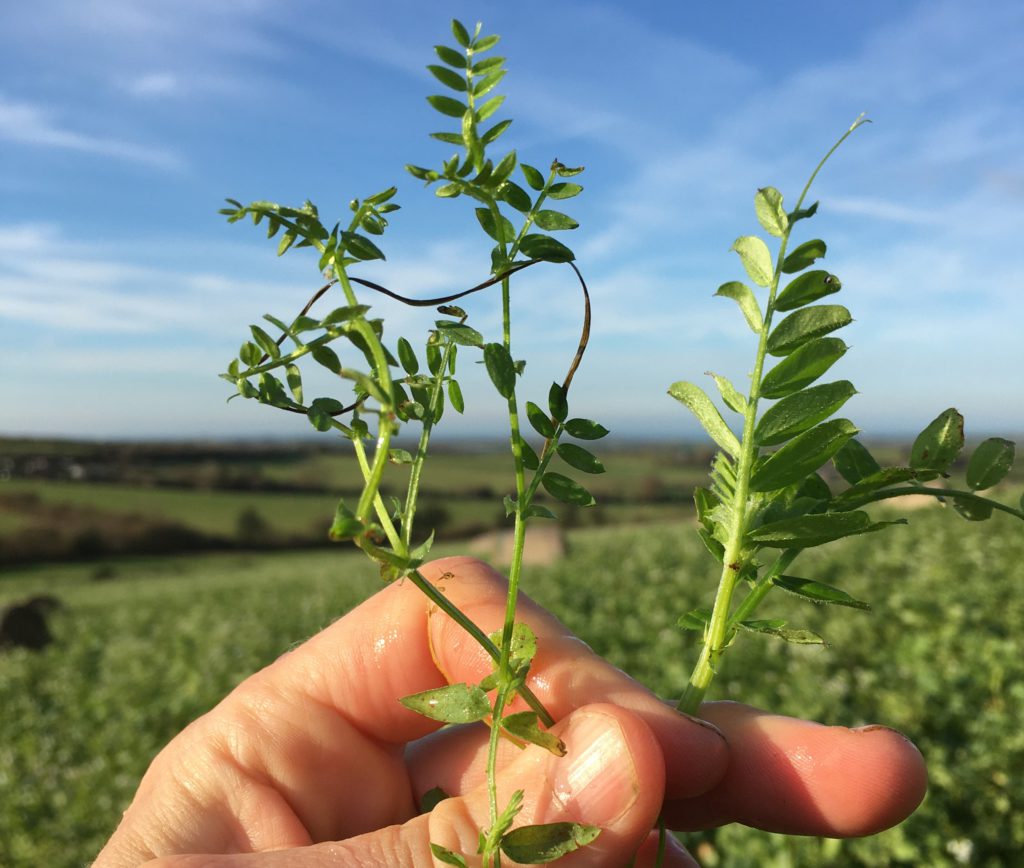

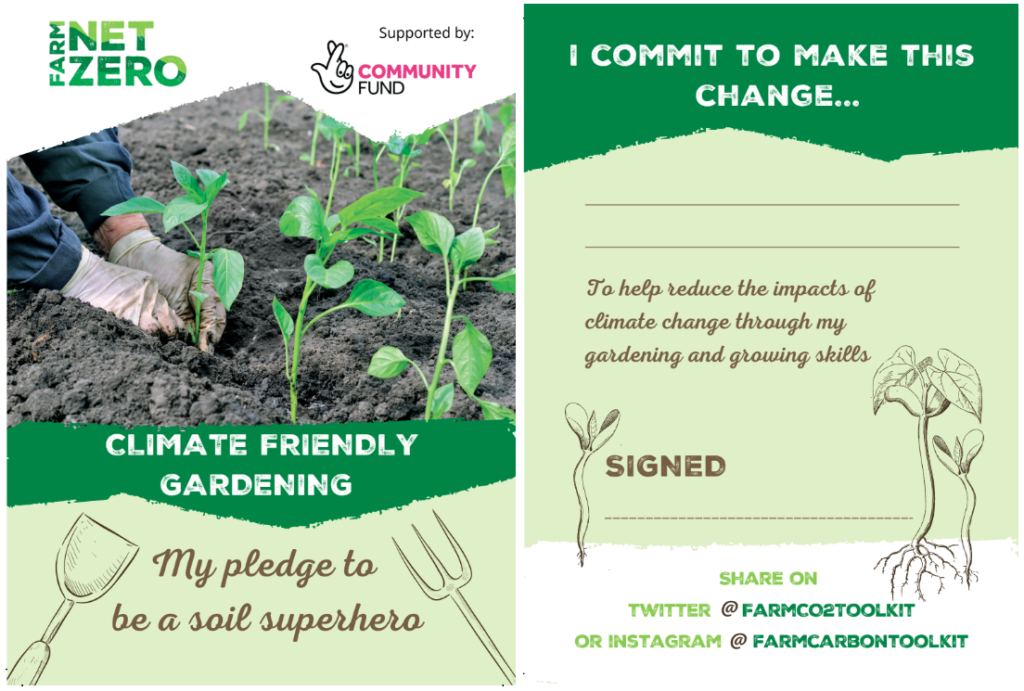






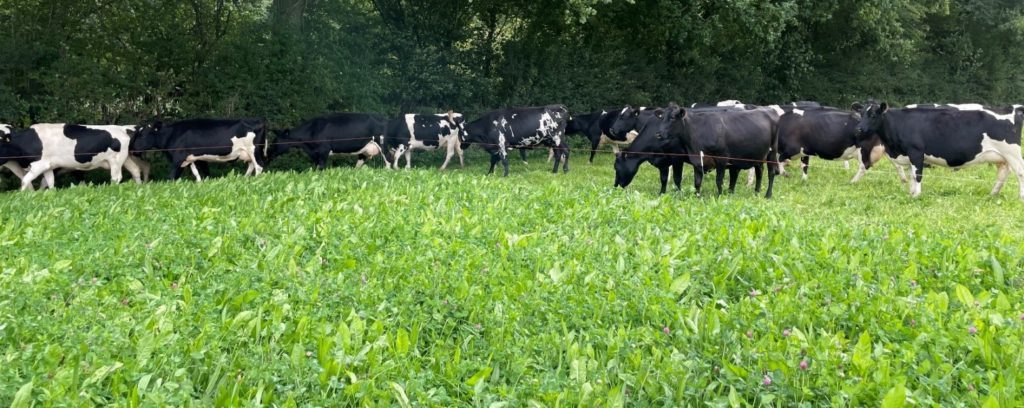

Recent Comments